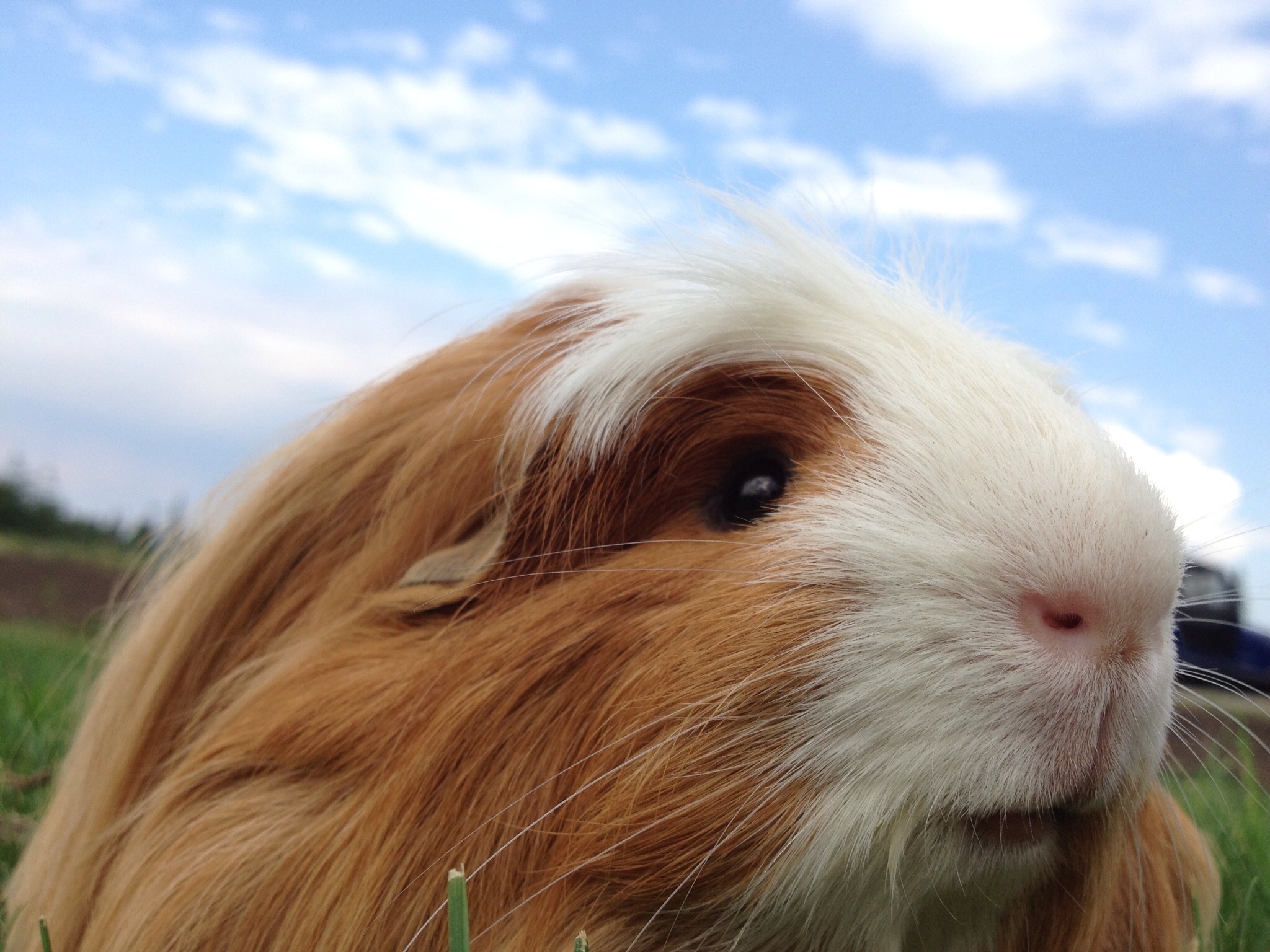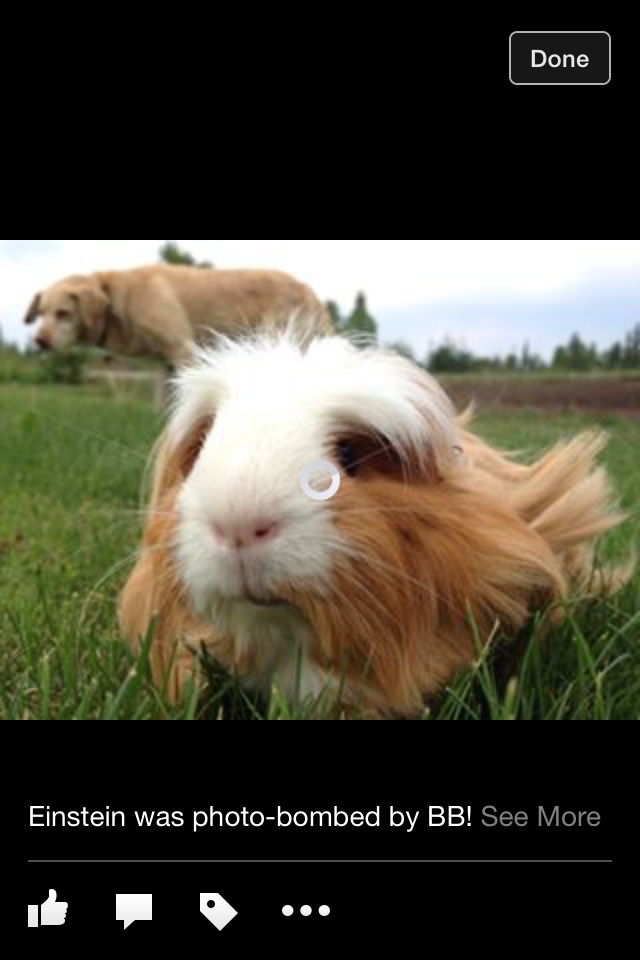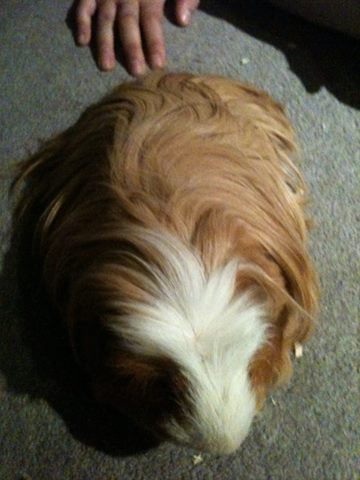CochinBrahmaLover
Well-known member
So I've been wanting to do meat guinea pigs for a while. Haven't gotten any yet.
Except, today I saw a sweetheart on Craigslist. A silkie guinea pig. He's a year old, intact, and has been a pet his entire life. Comes with all of his supplies, and once I sell this doe, I'll have the money to get him (I have it now, but the doe will cover it). And he's just... So, so, so cute. But I've heard certain breeds are smaller, and I'm not sure if the fur would be a PITA for a meat breed? If anything I could use him just for show
I'll get the pics of him that I have, one sec
__________ Sun Feb 22, 2015 2:17 am __________



Except, today I saw a sweetheart on Craigslist. A silkie guinea pig. He's a year old, intact, and has been a pet his entire life. Comes with all of his supplies, and once I sell this doe, I'll have the money to get him (I have it now, but the doe will cover it). And he's just... So, so, so cute. But I've heard certain breeds are smaller, and I'm not sure if the fur would be a PITA for a meat breed? If anything I could use him just for show
I'll get the pics of him that I have, one sec
__________ Sun Feb 22, 2015 2:17 am __________








